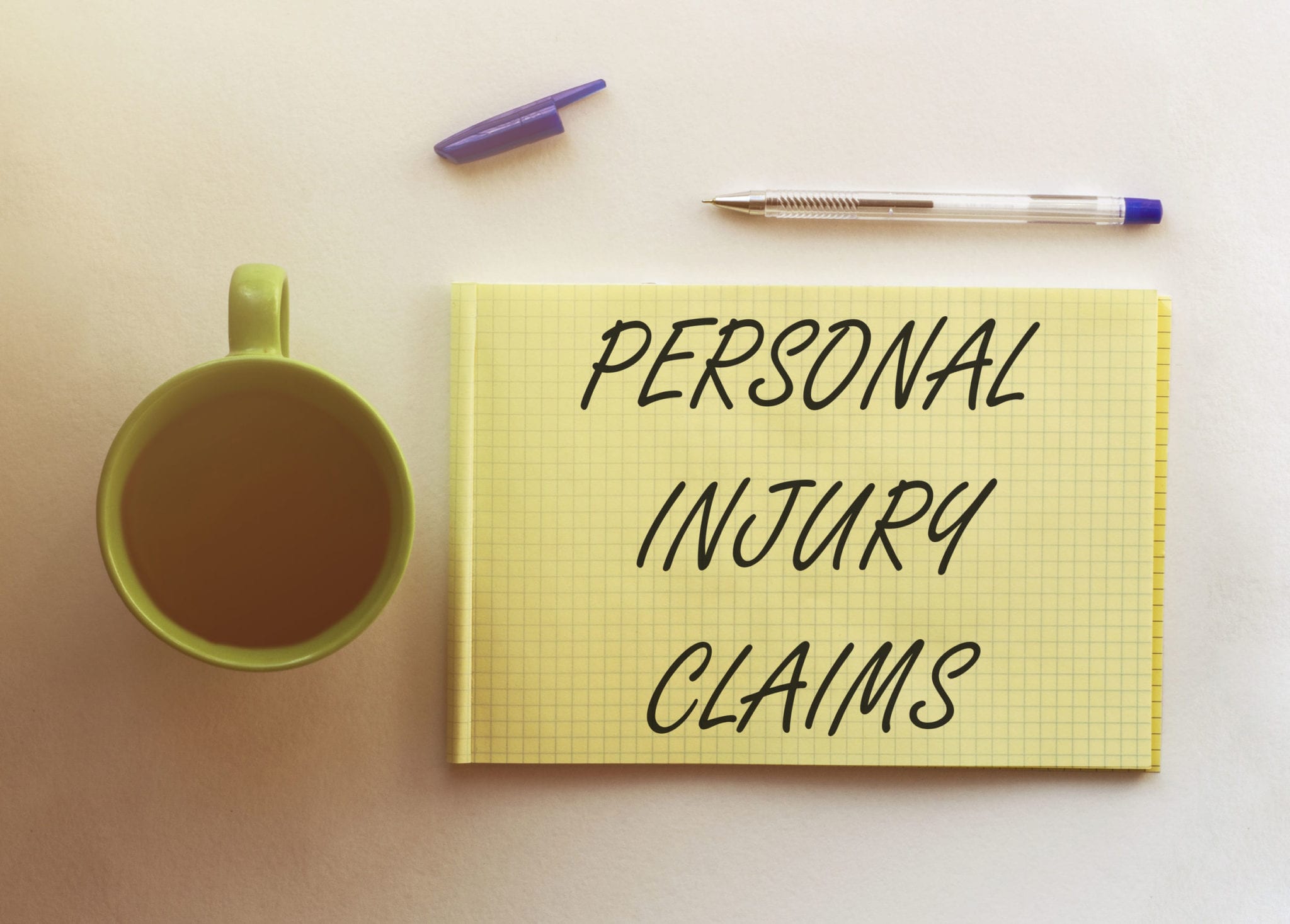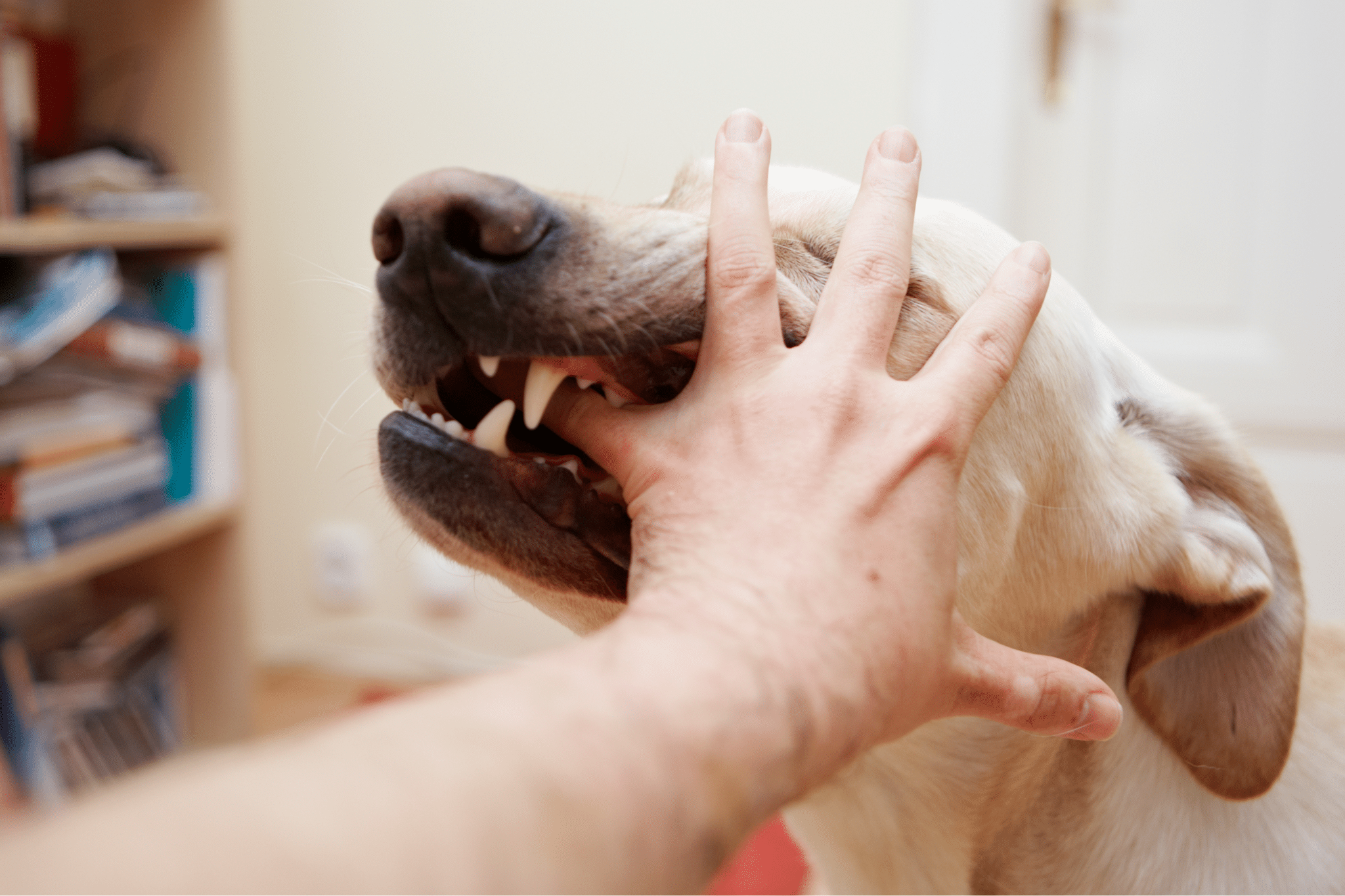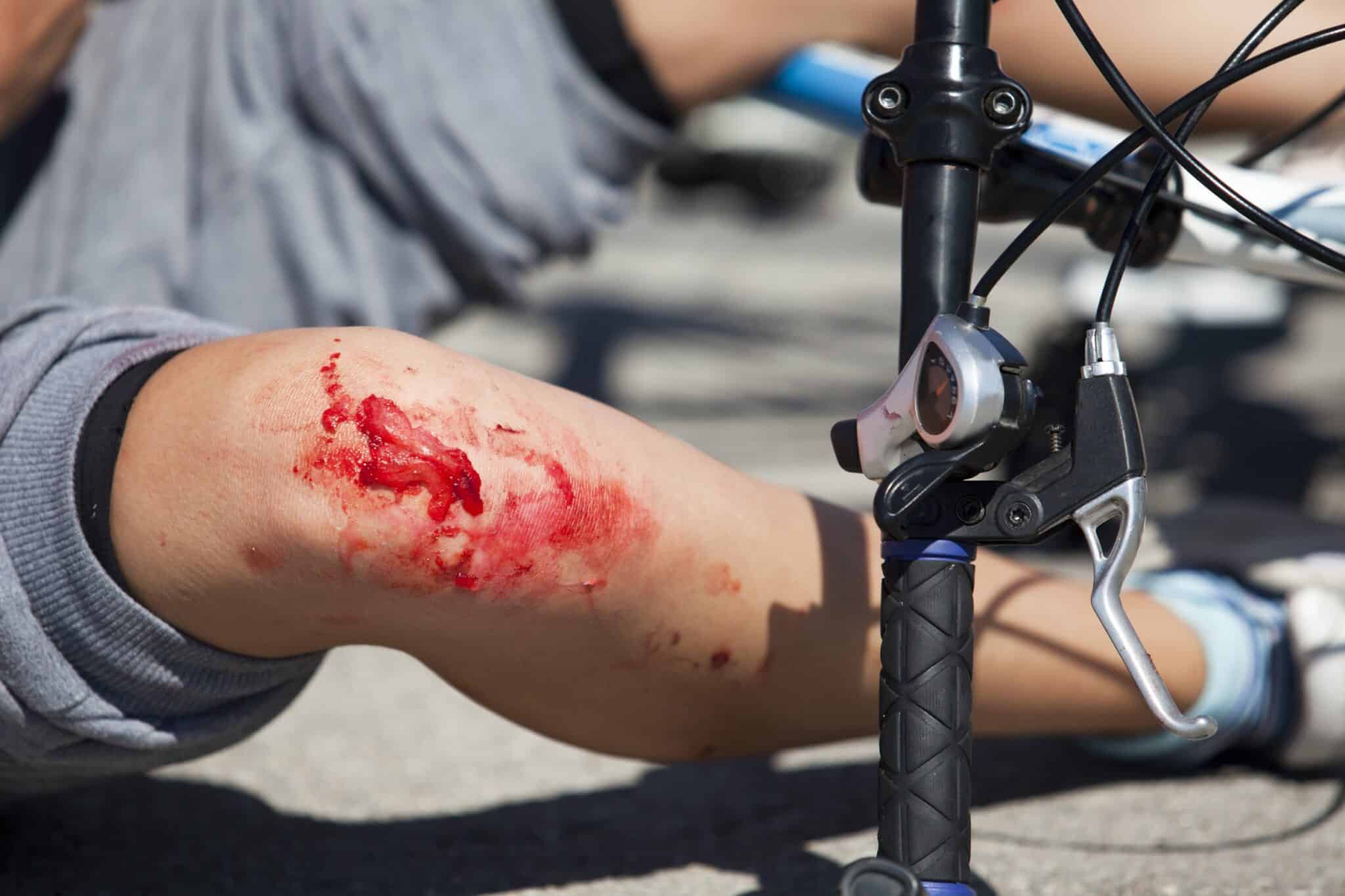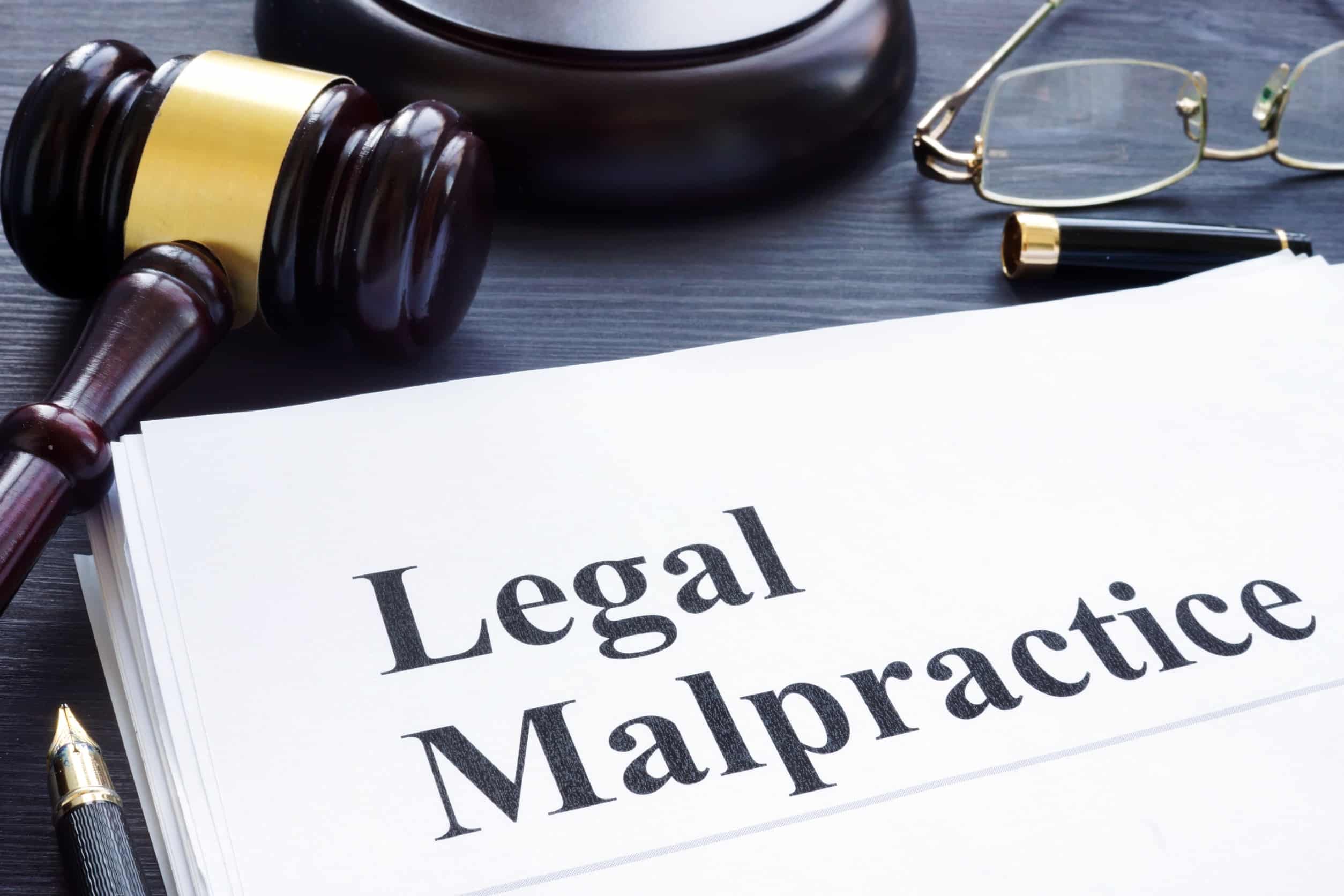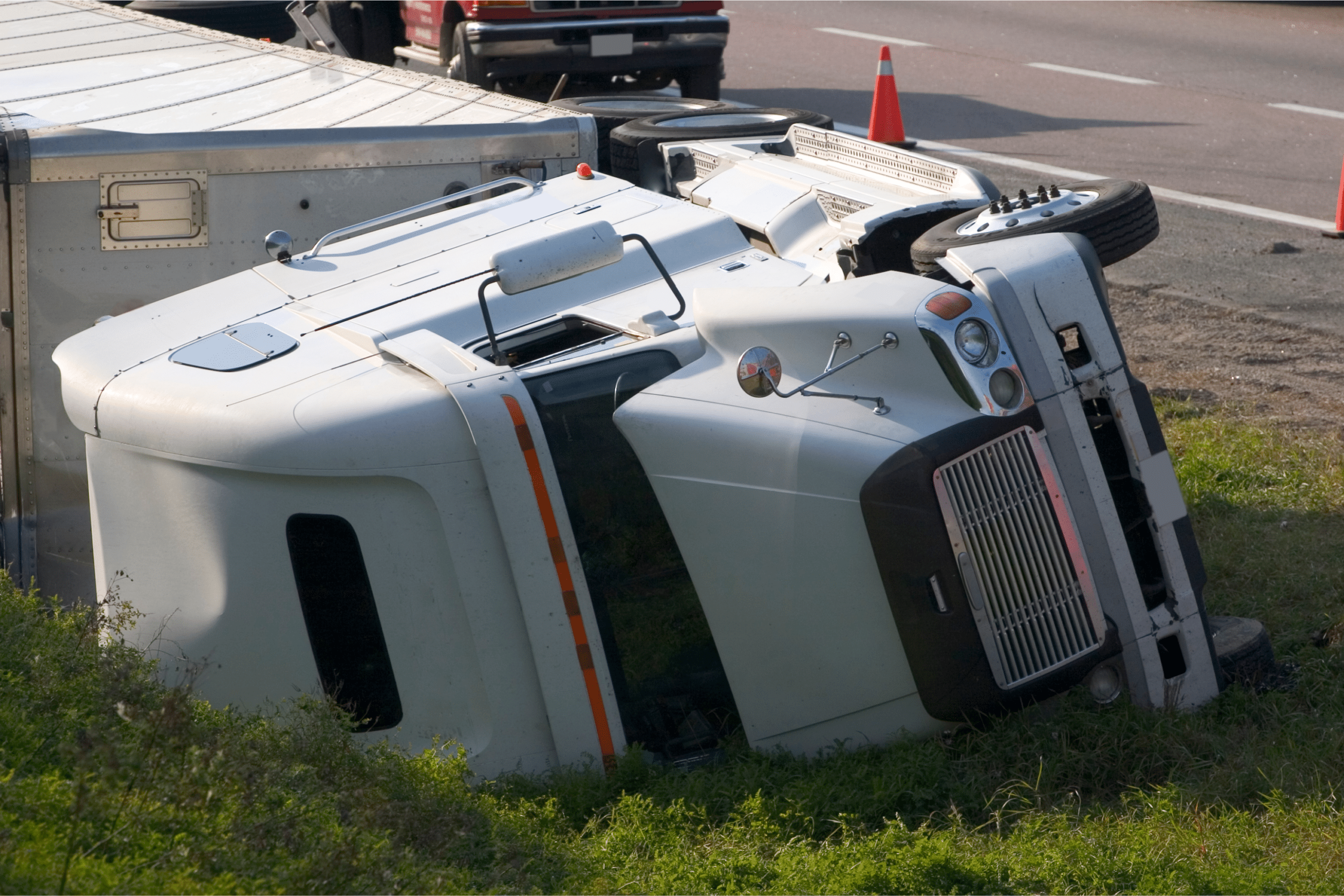NJ Hotelier Forks Over $4.75 Million — Would It Happen in FL?
Hotels are often seen as a sanctuary. People stay at hotels to get away, whether it be for business or travel. Something about it makes you feel as if you’re in a protective bubble that blocks out the world around you, but sometimes reality comes crashing in – literally.
A slip and fall accident at a hotel in New Jersey has recently yielded a $4.75 million settlement for a former competitive skier. They were injured at a hotel and sued for negligence. It’s important to note, however, that the laws in New Jersey are much different than Florida.
In Florida, the law operates under something called comparative negligence.
Here’s what you need to know about comparative negligence and how it can impact your case should you be injured at a Florida hotel.
Common Hotel Injuries and Accidents
Accidents aren’t uncommon in Florida hotels. With so many tourists in and out of the state each year for business and pleasure, accidents are bound to happen.
The most common include:
Slip and Fall Accidents
Injuries that can result from a slip and fall accident include head injuries, severe sprains, and broken bones. If there is uneven flooring, worn carpeting, or liquid on the floor, then it can create hazards that cause guests to slip and then fall.
Swimming Pool Accidents
It’s not required for hotels to have lifeguards on duty but they are required to have rules and warnings clearly posted and to keep the areas around the pool safe and clean. This includes proper temperatures as well as the balance of chemicals in pools and hot tubs.
Broken Furniture
The furniture in hotel rooms gets a lot of use, so it’s not uncommon to find that furniture that has broken down from use has been repaired. Sometimes the furniture is past its expiration date, though, and it can collapse under the weight of a guest, leading to injury.
Food Poisoning
If a hotel has a restaurant, then it’s imperative for the restaurant to maintain proper food safety standards. Unsanitary conditions in the kitchen, improper handling of food, and employees not maintaining appropriate hygiene can lead to foodborne illness.
Burns
Hot tap water from sinks or showers can cause burns to hotel guests, as can defective appliances in the room such as hair dryers, coffee makers, and irons.
What Is Comparative Negligence?
When someone is injured, they can seek damages due to negligence through a personal injury lawsuit. In Florida, this process is ruled by a comparative negligence law, which seeks to find who is at fault, and how much at fault, in the lawsuit.
If you’re involved in an accident, such as a slip and fall accident, and sustain an injury, then decide to bring a lawsuit for your injuries and other damages, then the comparative negligence law will be observed.
An investigation will be done that seeks to find if any fault can be assigned to you and that can have an impact on the final settlement that you may be awarded.
One bright spot about Florida’s comparative negligence law is that it does not require the plaintiff to meet a threshold in order for them to receive compensation. Even if it is found that the fault of the plaintiff is greater than that of the defendant, they can still claim damages.
How to Limit Your Comparative Negligence
If you’re involved in an accident in Florida and you’re hurt, speak with an experienced attorney as soon as you can, especially if fault for the accident isn’t immediately clear. Doing so can help you to reduce the amount of fault you may absorb for the accident and increase the damages you can recover from a personal injury lawsuit.
If you decide to bring a personal injury lawsuit against a hotel for a slip and fall accident, then it’s important to note that it will be your responsibility to identify who is at fault for your damages and prove they violated a duty of care in the situation that injured you.
Evidence will need to be provided that established the extent of your damages and you must prove they were caused by the responsible party’s negligence.
Statute of Limitations
You should be aware that in Florida, there are time limits for filing negligence claims to recover damages. This time limit is called a statute of limitation.
It can vary depending on the negligence being alleged, but in general, you have four years in Florida to bring a negligence claim. That doesn’t mean you should wait four years, however, as it’s in your best interest to file a claim as soon as you are able.
About the Author:
Andrew Winston is a partner at the personal injury law firm of Winston Law. For over 20 years, he has successfully represented countless people in all kinds of personal injury cases, with a particular focus on child injury, legal malpractice, and premises liability. He has been recognized for excellence in the representation of injured clients by admission to the Million Dollar Advocates Forum and named one of America’s Top 100 High-Stakes Litigators. Mr. Winston is AV Preeminent Rated by the Martindale-Hubbell Law Directory, enjoys a 10.0 rating by AVVO as a Top Personal Injury Attorney, has been selected as a Florida “SuperLawyer” from 2011-2020 – an honor reserved for the top 5% of lawyers in the state – was voted to Florida Trend’s ”Legal Elite,” recognized by Expertise as one of the 20 Best Fort Lauderdale personal injury attorneys, named one of the Top 100 Lawyers in the Miami area for 2015-2017, and one of the Top 100 Lawyers in Florida for 2015-2017 and 2019.
 When a Florida Pedestrian Accident Turns Premises Liability Issue
When a Florida Pedestrian Accident Turns Premises Liability Issue 
